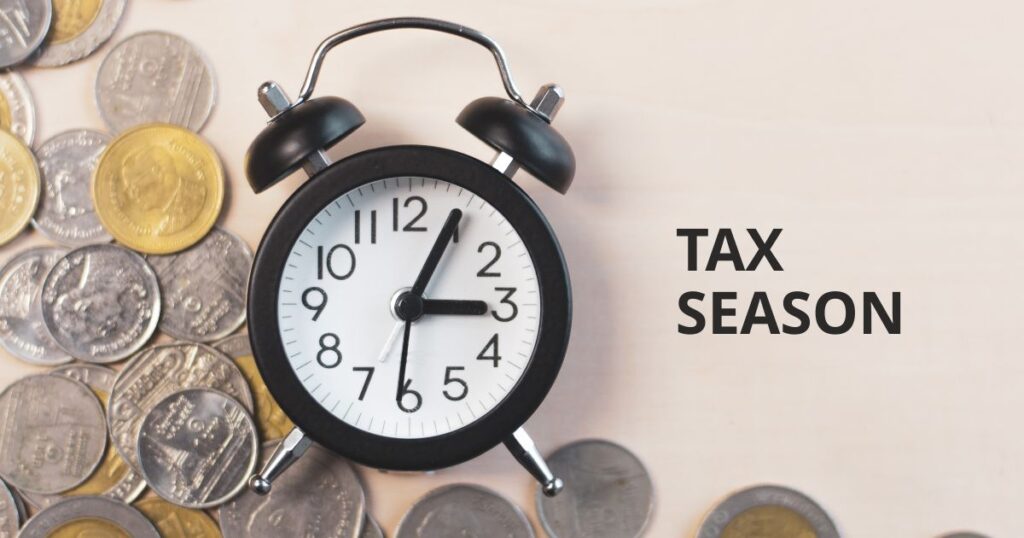Running a small business is both exhilarating and challenging. Among the myriad tasks that demand attention, navigating taxes often tops the list of daunting duties. Yet, understanding the nuances of taxation can significantly impact your business’s financial health. Armed with the right strategies, you can ensure a smoother tax journey. Presenting seven essential tax tips for small business owners, designed to guide you towards greater fiscal success.

- Embrace Digital Tools and Software
Transitioning to the digital age isn’t just about e-commerce or social media marketing. Implementing accounting and tax software can be a game-changer. Such tools often have features that track expenses, sort deductions, and even offer tax-saving suggestions. Furthermore, they ensure accuracy, a factor paramount in taxes. - Regularly Update Your Financial Records
Procrastination might be a familiar foe for many, but it’s best kept at bay regarding taxes. Regularly updating your financial records avoids last-minute scrambles. It also provides a clear snapshot of your financial standing, helping you make informed business decisions. - Understand All Deductible Expenses
Did you know that several day-to-day business expenses qualify as tax-deductible? These might include travel, home office expenses, or even certain meals. By familiarizing yourself with these, you can significantly reduce taxable income. However, always ensure you have receipts and adequate documentation. Being meticulous pays off, especially if the IRS comes knocking. - Separate Personal and Business Finances
This might sound elementary, yet it’s astonishing how many blur the lines between personal and business finances. Having distinct bank accounts for both simplifies bookkeeping and fortifies your business’s legal structure. Moreover, it clarifies business expenses, a crucial aspect when determining deductions. - Consider Hiring a Tax Professional
While it’s tempting to handle everything solo, there’s undeniable value in seeking expert advice. With their depth of knowledge, tax professionals can provide insights often overlooked. Not only can they highlight deductions or credits you might miss, but they also help ensure compliance with the ever-evolving tax laws. Consider it an investment that can save substantial amounts in the long run. - Stay Abreast of Tax Deadlines
Late filings can result in penalties, an unnecessary expense that can strain your business’s finances. Hence, marking all tax deadlines on your calendar is a prudent move. Additionally, consider applying for extensions if you anticipate challenges in meeting these deadlines. It’s always better to be proactive rather than reactive in such scenarios. - Optimize Your Business Structure Did you know that the structure of your business – be it a sole proprietorship, partnership, LLC, or corporation – can influence
your tax obligations? Periodically reviewing and, if beneficial, restructuring your business entity can lead to substantial tax savings. However, such decisions shouldn’t be made in isolation. It’s advisable to consult with tax and legal professionals to discern the best path forward.
In conclusion, mastering the art of taxation isn’t just about compliance. It’s a strategic endeavor, one that can significantly bolster your business’s bottom line. These tax tips for small business owners serve as a foundational guide, but the landscape of taxation is vast and intricate. Regularly educating oneself, coupled with expert consultations, can ensure you navigate this terrain with confidence and clarity. After all, in the world of business, knowledge isn’t just power—it’s profit.

